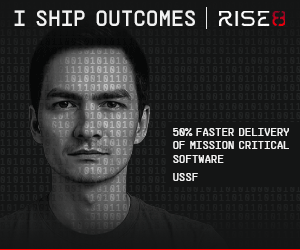The Air Force announced Tuesday evening it has certified California-based Space Exploration Technologies Corporation’s (SpaceX) Falcon 9 rocket to compete for national security space launches following an exhaustive, and sometimes bumpy, two-year certification review. “This is a very important milestone for the Air Force and the Department of Defense,” said Air Force Secretary Deborah Lee James in a May 26 release. The move is expected to drive down the cost of expensive space launches while also improving “our military’s resiliency,” said James. United Launch Alliance, a Lockheed Martin and Boeing consortium, has been the sole national security launch provider since it was formed in December 2006. “The Air Force invested more than $60 million and 150 people in the certification effort, which encompassed 125 certification criteria, including more than 2,800 [discrete]? tasks, three certification flight demonstrations, verifying 160 payload interface requirements, 21 major subsystem reviews, and 700 audits in order to establish the technical baseline from which the Air Force will make future flight worthiness determinations for launch,” states the release. Elon Musk, SpaceX CEO and lead designer, said, “This is an important step toward bringing competition to national security space launch. We thank the Air Force for its confidence in us and look forward to serving it well.” (See also Space Launch Renaissance from the June 2014 issue of Air Force Magazine and One Small Step for Space Launch Competition.)
DARPA’s New X-Plane: Meet the X-68A LongShot Drone
Feb. 20, 2026
Audio of this article is brought to you by the Air & Space Forces Association, honoring and supporting our Airmen, Guardians, and their families. Find out more at afa.orgThe Air Force has a new X-plane: The X-68A LongShot from General Atomics is an air-launched...



